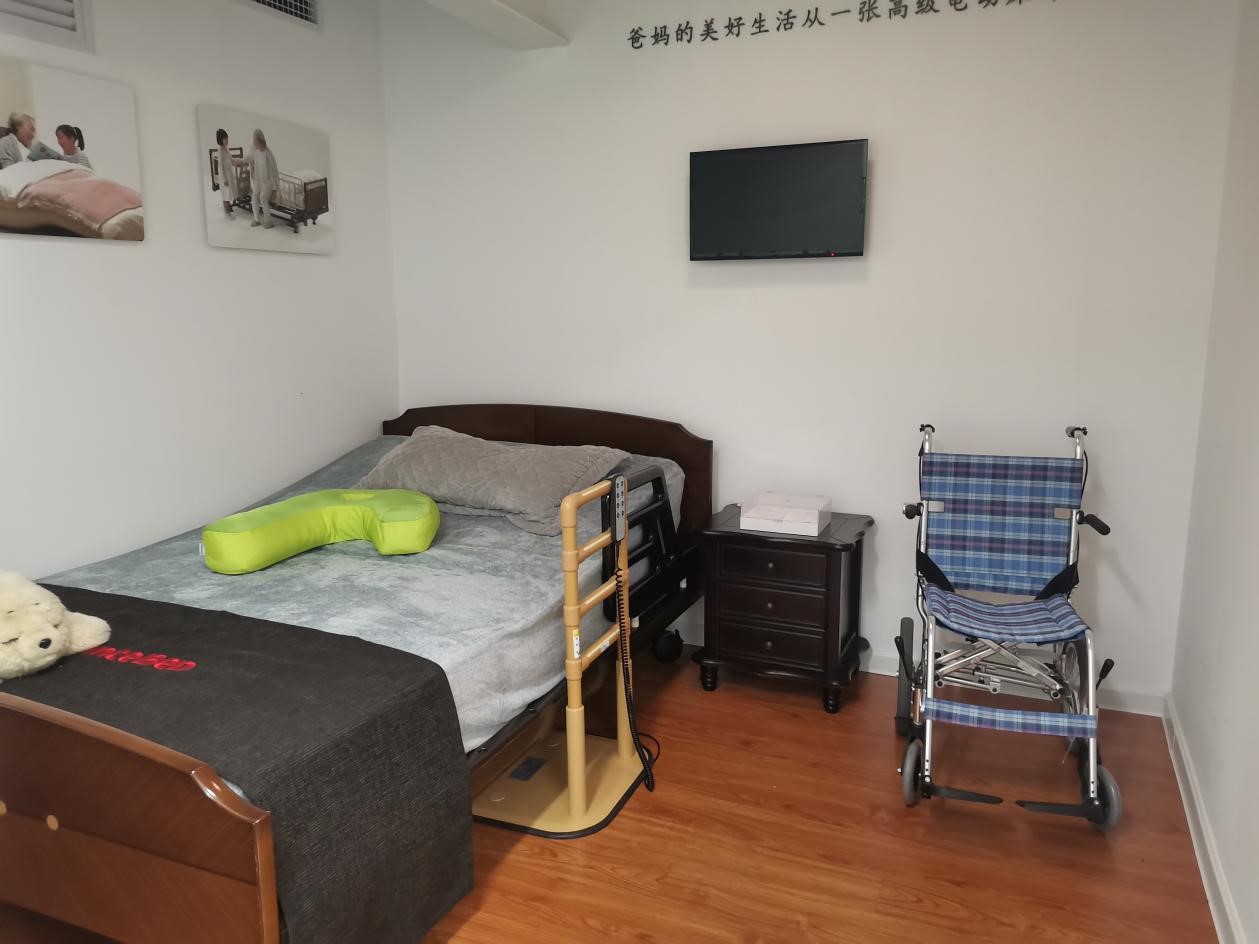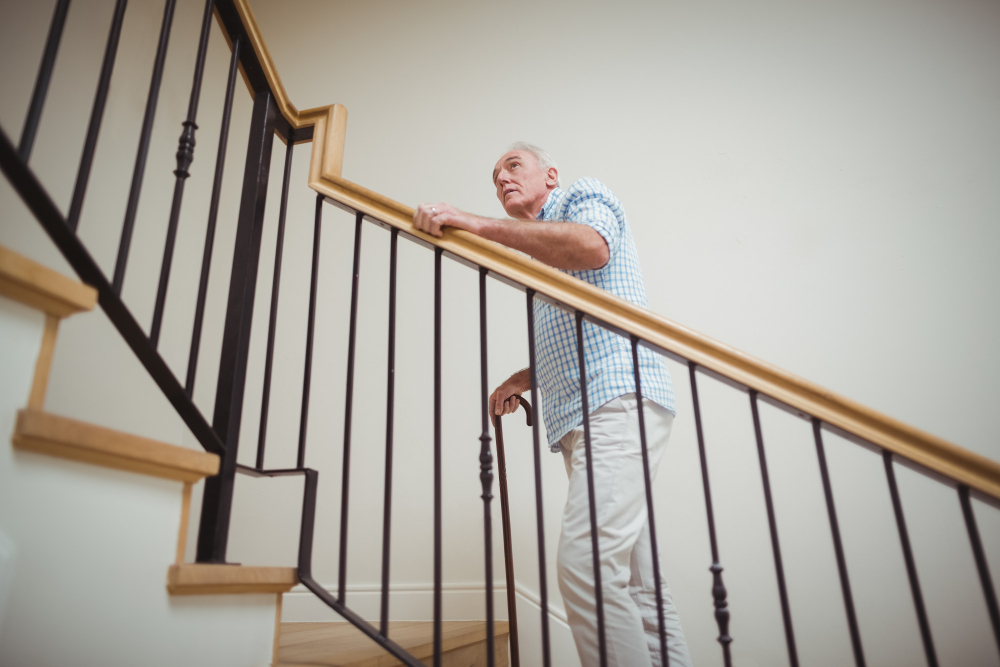As our loved ones age, ensuring their safety becomes a top priority. One of the most effective ways to enhance their safety is through the use of fall detection devices. These devices can promptly alert caregivers and medical professionals in the event of a fall, providing peace of mind for both the elderly and their families. However, a common concern is whether insurance coverage for fall detection devices is available. Understanding the insurance landscape can help families make informed decisions about these essential devices.

What Are Fall Detection Devices?
Fall detection devices are wearable or non-wearable technologies that automatically detect falls and send alerts to designated contacts. These devices use sensors, algorithms, and sometimes GPS technology to monitor movement patterns and detect sudden changes indicative of a fall. They play a crucial role in elderly care solutions by ensuring timely assistance.
Importance of Fall Detection Devices
Falls are a leading cause of injury among older adults. According to the CDC, millions of older adults experience falls each year, leading to serious injuries and sometimes fatalities. The quick response enabled by fall detection devices can significantly reduce the risk of severe injury by ensuring that help arrives promptly.
Types of Fall Detection Devices
Wearable Devices
These are typically worn as pendants, watches, or clips. They are equipped with sensors to detect falls and have a button to manually call for help. Wearable devices are popular due to their convenience and ease of use.
Non-Wearable Devices
These devices are installed in the home and use IoT sensors to detect falls. They offer privacy-friendly solutions as they do not require cameras.
Does Insurance Cover Fall Detection Devices?
Insurance coverage for fall detection devices varies widely. Not all insurance plans cover these devices, so it’s essential to check with your insurance provider for specific details. Generally, coverage is more likely if the device is deemed medically necessary by a healthcare provider.
Medicare and Fall Detection Devices
Medicare, a federal health insurance program, does not typically cover the cost of fall detection devices. However, some Medicare Advantage plans may offer additional benefits that include coverage for these devices. It’s important to review the details of your plan.
Private Insurance Options
Some private insurance companies offer coverage for fall detection devices, especially if they are part of a broader health monitoring system. Policies and coverage levels can vary, so contacting your insurance company for clarification is advisable.
Veterans’ Benefits
Veterans may have access to fall detection devices through the Department of Veterans Affairs (VA). Devices may be provided as part of the VAs medical benefits, depending on individual eligibility and needs.
How to Obtain Insurance Coverage
Speak with Your Doctor
Start by discussing the need for a fall detection device with your healthcare provider. They can assess your needs and provide documentation that may support a claim for insurance coverage.
Contact Your Insurance Provider
Reach out to your insurance company to inquire about coverage options. Provide any necessary documentation from your doctor to support your claim.
Explore Different Plans
If your current plan does not cover fall detection devices, consider exploring other insurance plans. Some providers may offer plans with enhanced benefits for seniors.
Alternative Funding Options
If insurance coverage is not available, consider alternative funding options such as health savings accounts (HSAs) or flexible spending accounts (FSAs) that can be used to purchase fall detection devices.
The Future of Insurance Coverage
As the demand for elder care technology increases, insurance companies may expand their coverage to include more devices like fall detection systems. Staying informed about changes in policy is crucial.
Conclusion
Insurance coverage for fall detection devices is a vital consideration for families caring for elderly loved ones. While coverage options may currently be limited, understanding the landscape and exploring all available options can help ensure that the necessary devices are accessible and affordable.

FAQs
Are fall detection devices covered by Medicare?
No, traditional Medicare does not cover fall detection devices. However, some Medicare Advantage plans may offer coverage.
Can I use my HSA to purchase a fall detection device?
Yes, health savings accounts can typically be used to purchase medically necessary devices, including fall detection systems.
What should I do if my insurance won’t cover a fall detection device?
If insurance coverage is unavailable, consider alternative options such as exploring different insurance plans or using HSAs/FSAs to cover the costs.
This article contains affiliate links. We may earn a commission at no extra cost to you.






